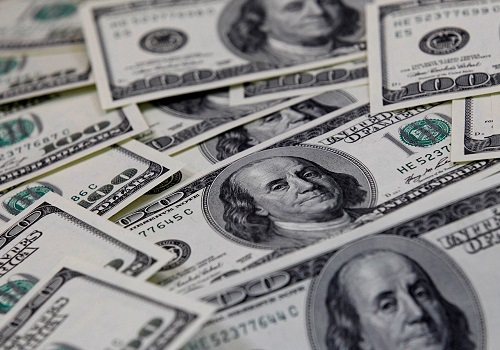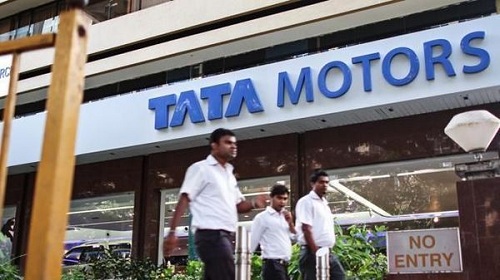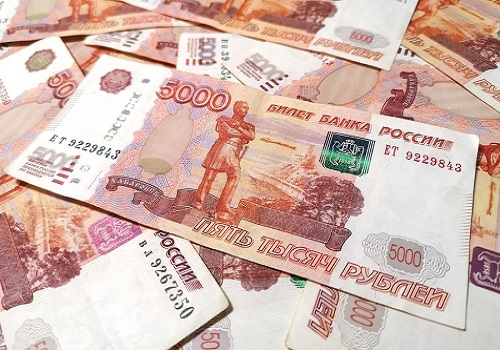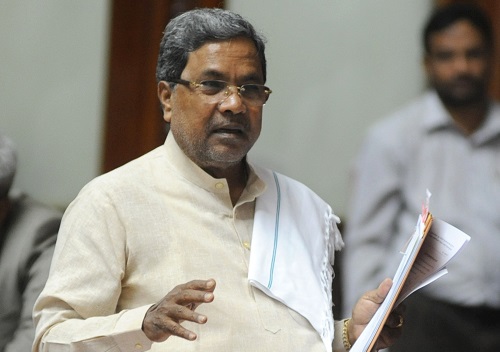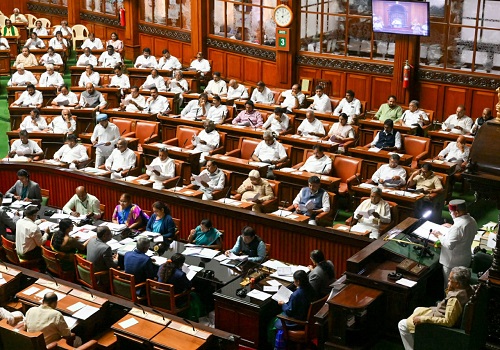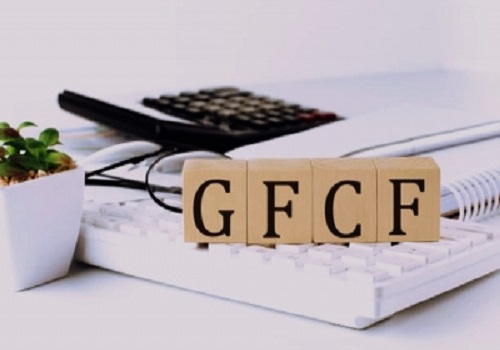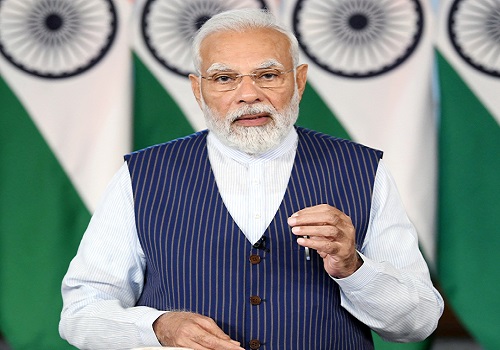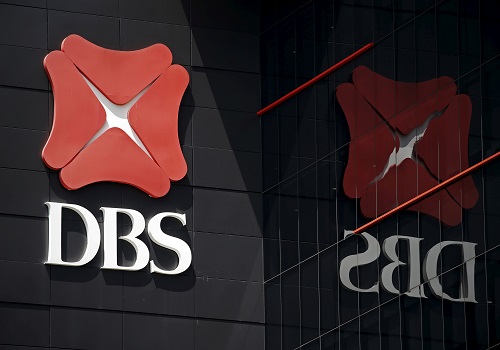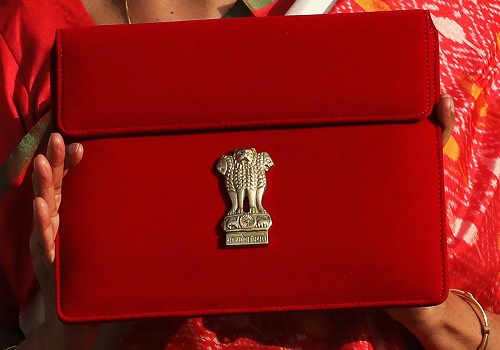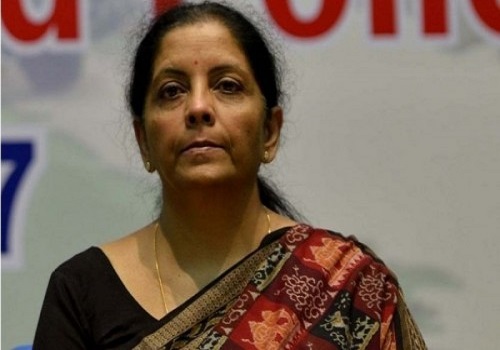`Government`s primary spending to grow 2nd lowest in two decades in FY22`

Follow us Now on Telegram ! Get daily 10 - 12 important updates on Business, Finance and Investment. Join our Telegram Channel
With constrained revenue position running well into next financial year and country's fiscal position under strain, the government would have no option but to limit its expenditure to come back on path of fiscal consolidation and reduce its heavily enlarged deficit.
According to a report on the state of economy by Motilal Oswal Institutional Services, the government would be able to narrow fiscal deficit to 5.5 per cent of GDP in FY22 from expected level of over 7 per cent in FY21, but this would assume a 19 per cent growth in total receipts in FY22 and an increase of just 5.6 per cent in total spending by the Central government.
This indicates that primary spending (excluding interest payments) would grow just 4.6 per cent in FY22 (v/s 6 per cent growth in FY21), marking the second lowest growth in four decades, the brokerage said in its report.
The finance minister will present the Union Budget 2021-22 on February 1 in this contained environment. As always, expectations are running high. However, the government's fiscal response in 2020 indicates certain inflexibility and the lack of resources to stimulate the economy, the report said.
Although there was no massive fiscal stimulus in CY20-various estimates put it between 1.5 per cent and 2.5 per cent of GDP, of which 0.7 per cent of GDP was on account of food subsidies, which is unlikely to affect the fiscal balance-a significant shortfall in receipts likely led to the doubling of the fiscal deficit to 7 per cent of GDP in FY21 (from the budgeted 3.5 per cent), Motilal Oswal said.
The assumption (based on actual data available up to Nov'20) is gross taxes would decline 5.3 per cent, total receipts would fall 12.4 per cent, and total expenditure would grow 7.2 per cent in FY21.
Besides these all important macro numbers,the brokerage said that this years budget would be tracked for announcement in three areas: The lack of receipts has led to debates related to one-off cess/surcharge. However, the government may consider keeping the taxation regime unchanged, helping to sustain and bolster the economic momentum.
The other area, the brokerage said, is that close monitoring would be done to see whether the Union Budget includes measures to revive residential real estate demand in the country. Also, It would be interesting to note whether the Government can continue to support the rural sector as much as it has in the past couple of years.
Lastly, the report said, while the government is expected -- as witnessed every year -- to grow its capital expenditure (capex) more than total spending, it is severely constrained by the low share (25 per cent) of discretionary/non-mandatory spending. Furthermore, the centre's capex is only 5 per cent of domestic investments in the country.












 320-x-100_uti_gold.jpg" alt="Advertisement">
320-x-100_uti_gold.jpg" alt="Advertisement">



